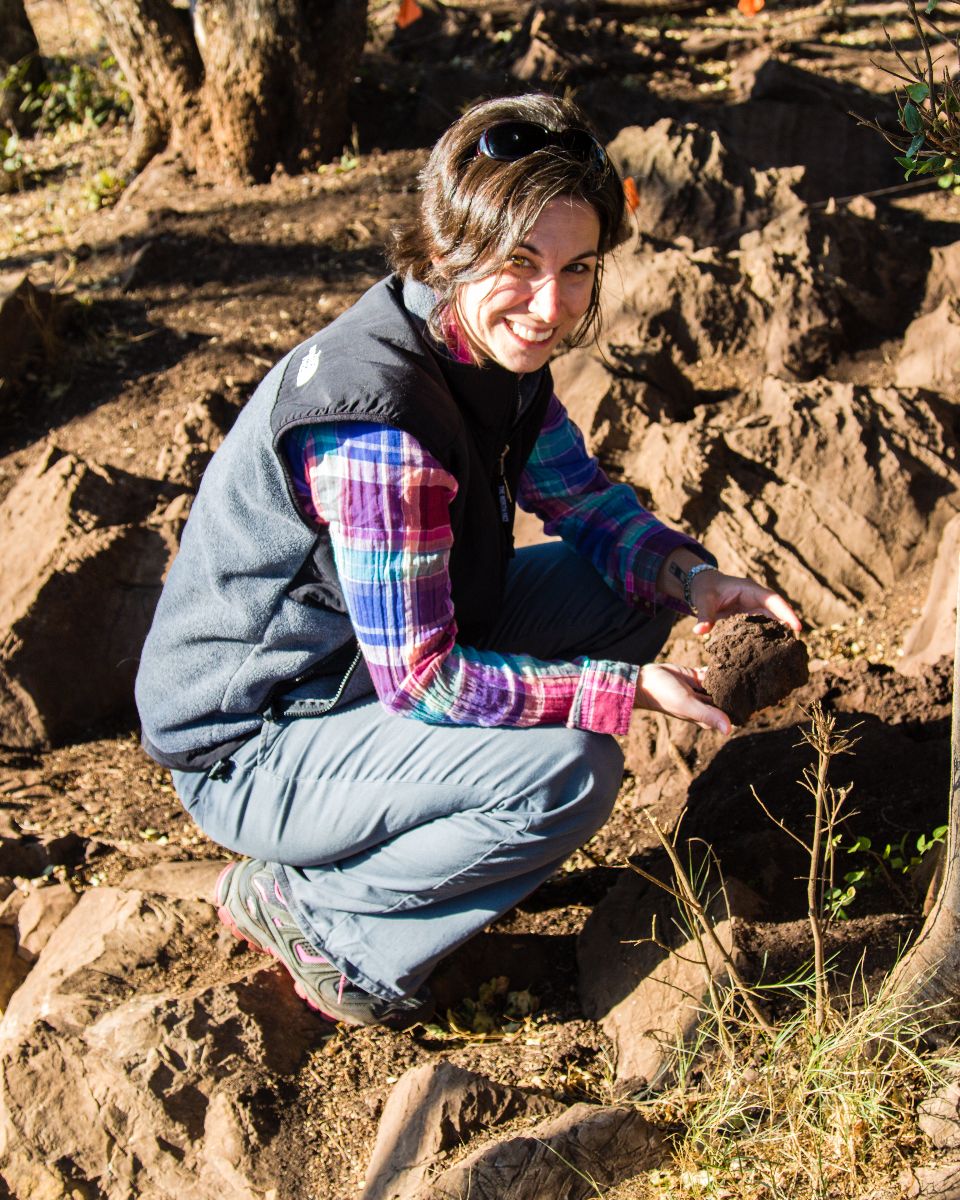Lesnik wins Leakey Foundation grant to study role of termites in the diets of early humans

Julie Lesnik, a Wayne State University anthropology professor and noted entomologist, has been awarded a $20,000 Leakey Foundation grant to study how ancestral humans may have incorporated termites into their diets.
Lesnik spent the summer of 2015 in South Africa studying the desirability characteristics of edible insects and reconstructing their nutritional role over human evolution. This grant will allow her to continue her work in Tanzania and add the comparative element of edible insects preferred by chimpanzees.
The grant was jointly awarded to Clayton Magill of ETH Zurich and George Washington University's Robert O'Malley. Lesnik hopes their research will shed light on a significant dietary shift in hominid culture that may have contributed to a dramatic increase in the size of the human brain over the course of evolution.
"For nearly 50 years, the Leakey Foundation has provided funds for some of the most prominent human origins research projects," said Lesnik. "As an early-career scholar, it is such an honor to receive this award. I am excited to see where this research will go and where it will take my career."
Lesnik's research interests include the evolution of the human diet, specifically in regard to entomophagy, or eating insects. Other projects include an upcoming book, "Entomophagy and Evolution: Eating Insects Past, Present, and Future," as well as the implementation of Eating Insects Detroit – a three-day, international, interdisciplinary conference on the topic of insects as food. It is the first conference of its kind in the United States. More information on Lesnik's research can be found at entomoanthro.org.
The Leakey Foundation exists to increase scientific knowledge, education and public understanding of human origins evolution, behavior and survival.